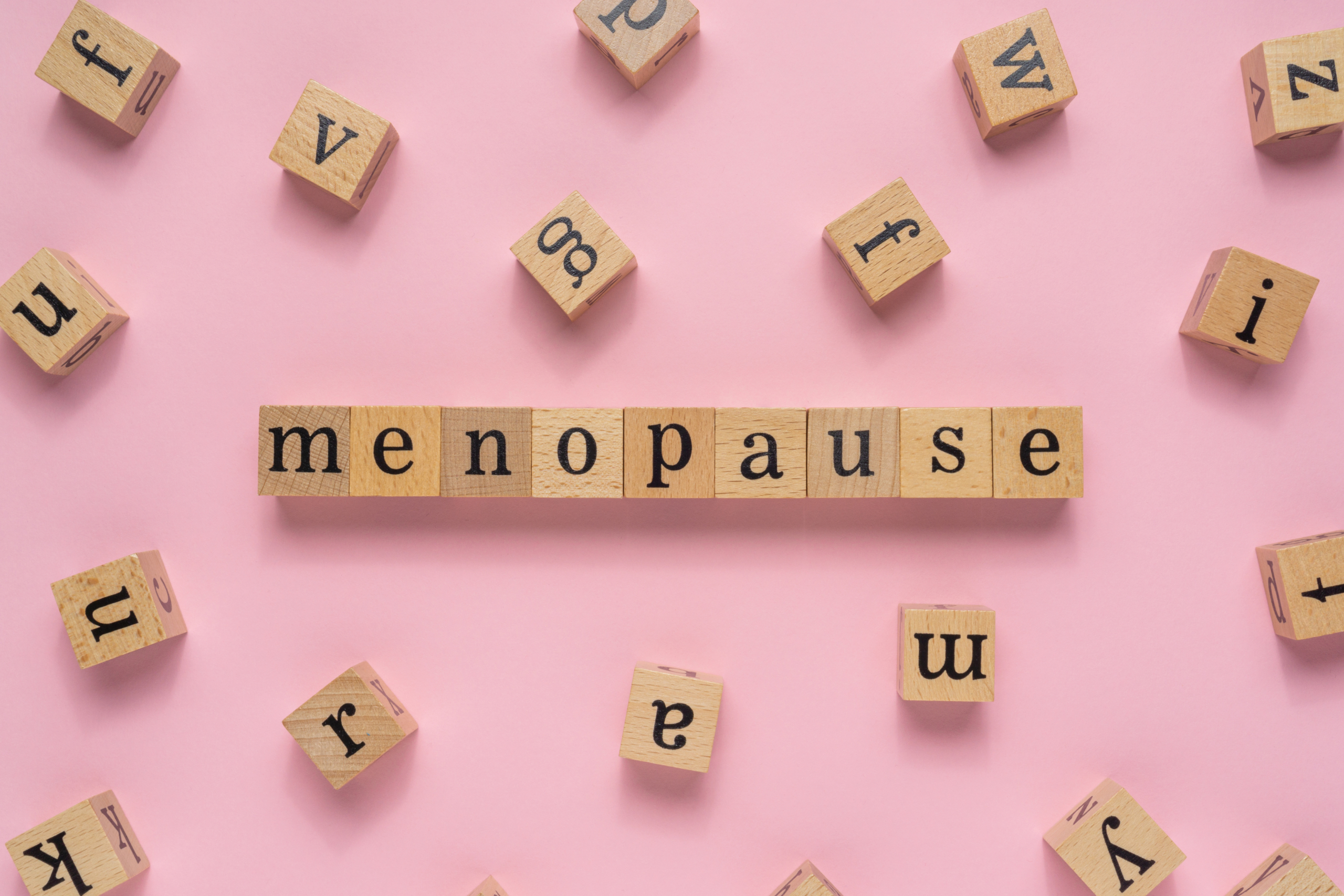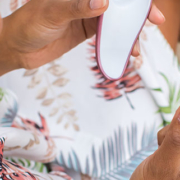Combatting Vaginal Dryness During Menopause: Tips for Relief
Vaginal dryness is a common symptom experienced by women during menopause, particularly those in the postmenopausal stage. However, it can also affect women at any point in their lives. Dealing with vaginal dryness can be challenging, as it may make you feel like something is wrong and hinder intimacy, putting your sex life on hold. The good news is that there are effective ways to combat vaginal dryness during menopause. It’s important to remember that you’re not alone, as approximately 50% of women after menopause experience symptoms such as vaginal atrophy, irritation, discomfort, and dryness.
Rest assured that you can still enjoy a fulfilling sex life after menopause by implementing small lifestyle changes to address vaginal dryness. By making these adjustments, you can regain your comfort and confidence in no time.
Understanding Vaginal Dryness During Menopause: Causes and Solutions
Vaginal dryness is a common issue that can affect anyone, but it becomes more prevalent during menopause. This is primarily due to the decline in estrogen levels, which play a crucial role in maintaining the vaginal lining’s health and lubrication throughout the menstrual cycle. However, during perimenopause, these estrogen levels decrease, resulting in reduced natural lubrication and thinning of the vaginal tissue. It’s important to note that vaginal dryness is not a reflection of desire but rather a natural response to the decrease in vaginal estrogen.
While vaginal dryness can significantly impact a woman’s physical and emotional well-being, it’s essential to recognize its symptoms, such as itchiness, irritation, and painful intercourse. These symptoms can have a psychological effect, leading to a loss of libido and sexual confidence in the bedroom. Additionally, vaginal dryness may make it more difficult to achieve orgasm or prolong the time required for climax.
As your sexual needs change with age and reaching climax takes longer, exploring new sensations can enhance intimacy and increase the likelihood of orgasm. Consider trying a soft vibrator, as it can stimulate blood flow and natural lubrication, potentially providing the solution you’ve been seeking. We we recommend these vibrators: Lelo Lilly Rocks off, Womanizer Liberty and Lelo Dot.
It’s understandable to feel embarrassed when seeking help, but discussing menopause with your partner or a loved one can help alleviate concerns. If you find your symptoms overwhelming, don’t hesitate to reach out to your doctor for appropriate treatment options. Meanwhile, there are a few ways you can try to combat vaginal dryness at home.
Combatting Vaginal Dryness: Effective Strategies
- Water-based lubricants: Investing in a high-quality lubricant can reduce vaginal dryness and friction during penetration, enhancing pleasurable sensations. While most women produce lubrication when aroused, it may not be sufficient. Using a lubricant can help restore comfort and enjoyment in your sex life. We recommend these lubes for vaginal dryness.
- Regular sexual activity: Engaging in sexual activity on a regular basis can increase blood flow, which, in turn, enhances lubrication. If penetration is painful, focus on prolonged foreplay to get in the right mindset and enjoy the experience. Remember, lubrication is not an indicator of desire; generously applying lubricant can enhance your pleasure.
- Using a vibrator: Vibrators offer more than just pleasurable sensations; they also provide health benefits. Regular vibrator use increases blood flow and lubrication, which is particularly important for menopausal women experiencing reduced blood flow due to lower estrogen levels. Explore vibrators like Crescendo, which offer targeted vibrations for various areas, including the clitoris, labia, perineum, G-spot, and vaginal walls.
- Avoiding bubble baths: Preserve the natural pH balance of your vagina by avoiding scented soaps or products that can worsen dryness. Your vagina is self-cleaning, so there’s no need for excessive external intervention.
- Wearing breathable clothing: Opt for cotton underwear instead of synthetic fabrics that can cause irritation and further aggravate vaginal dryness.
- Vaginal moisturizers: While commonly associated with sexual activities, moisturizers can be used regularly to combat vaginal dryness. Ensure you choose a moisturizer specifically designed for vaginal use, as the delicate pH balance should be maintained.
- Pelvic floor exercises: Keeping your vagina healthy as you age is crucial, and pelvic floor exercises act as a gym session for your vaginal muscles. These exercises not only contribute to better sex but also increase natural lubrication by improving blood flow.
- Estrogen therapy: Estrogen therapy can effectively reduce vaginal dryness and alleviate other menopause-related symptoms. If you believe estrogen therapy is the right choice for you, consult with your doctor to.





Leave a Reply
Want to join the discussion?Feel free to contribute!